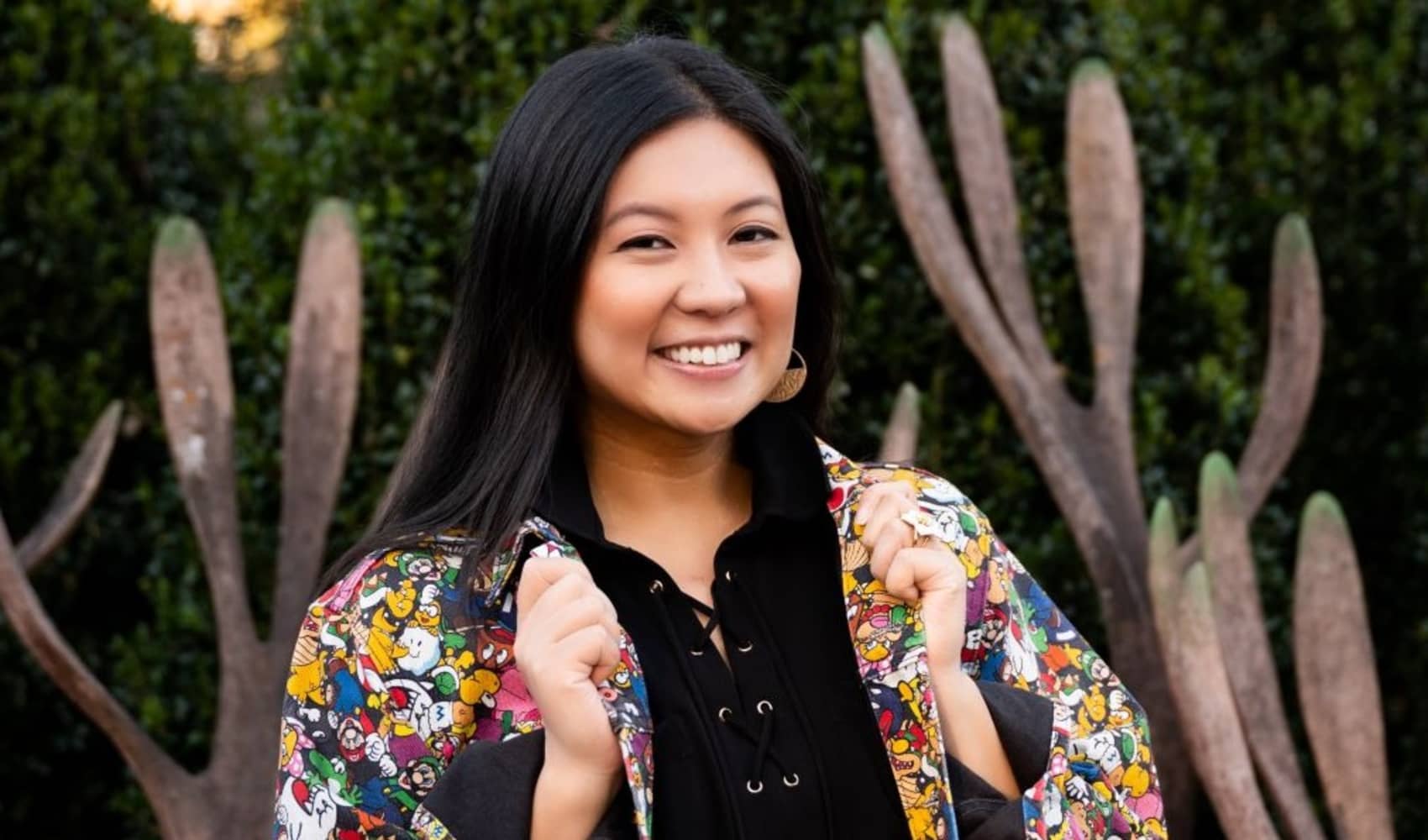
As a dietitian, I'm often asked if honey is healthier than other sugars and other added sweeteners.
The answer? Honey and sugar are both carbohydrates, consisting of the two types of sugar: Glucose and fructose, both of which are broken down quickly by the body and can cause spikes in blood sugar levels.
Overeating added sugars, including honey, can pose other health risks. Sugars have been linked to multiple health problems, including obesity, high blood pressure, heart disease and cognitive issues like dementia and Alzheimer's.
But in my opinion, the upside of choosing honey as your sweetener of choice is that it contains certain health properties other sugars don't have. The USDA and HHS guidelines recommend eating less than 10% of your total daily calories in added sugars.
Get Connecticut local news, weather forecasts and entertainment stories to your inbox. Sign up for NBC Connecticut newsletters.
Benefits of honey
Honey has a lower GI value than sugar, meaning that it doesn't raise blood sugar levels as quickly. It's also sweeter than sugar, so you may need less of it, but it does have slightly more calories per teaspoon, so I always keep a close eye on portion sizes.
According to a 2018 study, honey can contain trace amounts of essential vitamins and minerals, like potassium, calcium, zinc and vitamins C, B1, B2, B3, B5 and B6.
Money Report
Most recently, a 2021 review found that when honey was given for upper respiratory infections, certain symptoms — including cough frequency and cough severity — improved compared to usual care.
Using honey can also help to heal wounds, burns, and other topical conditions, according to the peer-reviewed book, "Honey Analysis: New Advances and Challenges."
How to shop for honey
There are three main types of honey you can purchase:
1. Regular honey is the one you'll typically find in most grocery stores, sometimes in a bear-shaped bottle. It has been pasteurized, which allows for a long shelf life and helps prevent crystallization.
2. Raw honey comes straight from the beehive and isn't pasteurized. Because it doesn't go through pasteurization, the beneficial compounds in honey are preserved in the final product. You may not be able to find raw honey in every grocery store, so if you're buying it online or at a farmer's market, you'll want to do research and make sure it's from a reputable source.
3. Manuka honey is produced from flowers of the Manuka tree, which is native to New Zealand. It has similar compounds as raw honey, but what makes it unique is that it contains high levels of properties that can promote antibacterial activity.
Creative ways to use honey
Regardless of the type of honey you choose, here are four of my favorite ways to incorporate small amounts into my diet:
1. Swap sugar for honey. Honey is actually 25% sweeter than table sugar, meaning you can use less in recipes. For example, if what you're making calls for one cup of sugar, a good rule of thumb is to go with a ¾-cup of honey.
2. Pair it with your favorite drinks. Honey is the perfect companion to many beverages. A drizzle of honey in tea, coffee, smoothies or cocktails is a simple way to sweeten your drink without using table sugar.
3. Make hot honey. Warm up some honey on the stovetop over low-medium heat for a few minutes and add your choice of spice, such as red pepper flakes or chili powder. Let the flavors combine for a minute or so, then remove from the heat and stir. Once cooled, you can put it in a jar and use it as you wish. I love making hot honey to drizzle on top of pizza for a sweet and spicy kick. It also goes well on charcuterie boards, as an alternative to sugary jellies or jams.
4. Make cough drops. This simple recipe pairs ginger tea, lemon and honey to make a delicious, homemade cough drop.
Lauren Armstrong is a dietitian and nutrition coach. She was also a nutritionist for The Women, Infant and Children (WIC) program. Lauren received her bachelor's degree in dietetics from Western Michigan University and has written for several publications, including Livestrong and HealthDay.
Don't miss:
- A Harvard nutritionist and brain expert says she avoids these 5 foods that ‘weaken memory and focus'
- A 30-year Harvard study reveals the 5 simple habits that may prolong your life by 10 years or more
- A longevity expert shares the diet, exercise and sleep rules he lives by for a longer, stronger life: These are 'non-negotiable'
Sign up now: Get smarter about your money and career with our weekly newsletter






